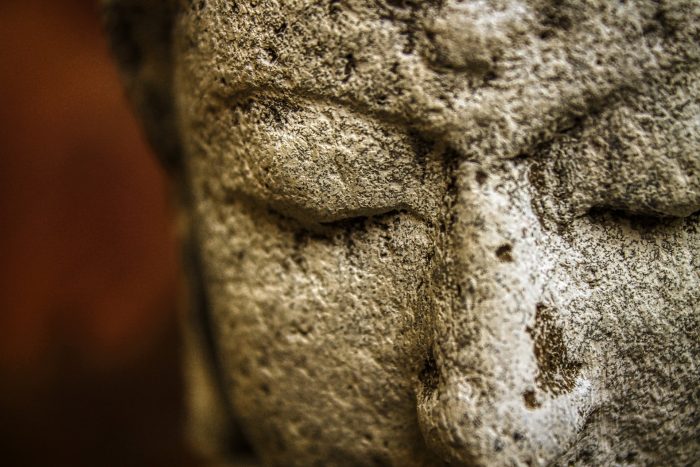We often imagine the life of a monk to be peaceful: sitting in the lotus position, focusing on the soothing rhythm of one’s breath while living on a mountaintop far away from the stressors of daily life.
Contrary to this image is the Vietnamese monk, Thich Nhat Hanh.
Thich Nhat Hanh faced tremendous challenges after being exiled from his birthplace, Vietnam, in 1966. In his writings, he discusses the deep isolation and suffering he felt as a result of being apart from his homeland for 39 years. Perhaps, it was this intimacy with pain that deepened his desire to help alleviate pain in others.
Within the following quotes by Thich Nhat Hanh is an ancient wisdom applicable to modern times. Words that are like seeds born of dharma teachings—seedlings of hope, prosperity, mindfulness, connection, and happiness to be nurtured in the fertile soil of our minds.
“There is no way to happiness. Happiness is the way.”
“Sometimes your joy is the source of your smile, but sometimes your smile can be the source of your joy.”
Often, we wait for specific outcomes to be happy. We can miss the process of living while working toward the endgame of acquiring happiness. But, by showing up to this moment with joy already present, we access the contentment that we are seeking.
Thich Naht Hanh encourages us to shift the bulk of our attention toward planting that which we want to bloom. Many of us tend to instinctively focus on the weeds in our life, an evolutionary mechanism of our brain meant to keep us safe. So while we have increasing material comforts, there are also increasing levels of dis-ease in our minds.
Overriding our evolutionary tendencies almost requires an obsessional focus on gratitude and positivity.
“People deal too much with the negative, with what is wrong. Why not try and see positive things, to just touch those things and make them bloom?”
Still, when things don’t work out, it’s important to remember that you are more than those failures. You are more than the flowers and fruit trees that don’t bloom. While pain can feel all-consuming, we are more than our suffering and past traumas.
“Suffering is not enough. Life is both dreadful and wonderful…How can I smile when I am filled with so much sorrow? It is natural–you need to smile to your sorrow because you are more than your sorrow.”
We live in a culture that tells us we are never enough. But take a note from nature—a rose doesn’t wish to be a tulip and a tulip doesn’t wish to be a rose. Both are beautiful and stand in their own glory. And, so can we.
“To be beautiful means to be yourself. You don’t need to be accepted by others. You need to accept yourself.”
The same is true for our loved ones. Ever just watch a flower and admire its beauty? Perhaps that’s how we are meant to view ourselves and others—not as things in need of change but rather as an entity meant to be appreciated and valued as it is.
“The most precious gift we can offer others is our presence. When mindfulness embraces those we love, they will bloom like flowers.”
“You must love in such a way that the person you love feels free.”
A monk was once asked what the best moment of his life was, to which he responded, “this moment.” Our lives are only ever lived in this moment. How powerful would it be to cherish each one of those moments as the best moment of our lives?
“Because you are alive, everything is possible.”
Many of us are striving toward a better life. There will always be more work to do in a garden.
And yet, along the way, let us stop, sit, and smell the roses.
~











Read 8 comments and reply